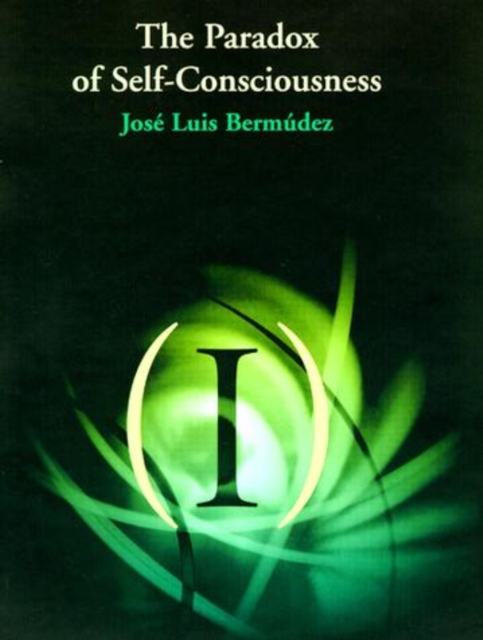
The Paradox of Self-Consciousness PDF
by Jose Luis Bermudez
Part of the Representation and Mind series series
Description
In this book, Jose Luis Bermudez addresses two fundamental problems in the philosophy and psychology of self-consciousness: (1) Can we provide a noncircular account of fully fledged self-conscious thought and language in terms of more fundamental capacities? (2) Can we explain how fully fledged self-conscious thought and language can arise in the normal course of human development? Bermudez argues that a paradox (the paradox of self-consciousness) arises from the apparent strict interdependence between self-conscious thought and linguistic self-reference. The paradox renders circular all theories that define self-consciousness in terms of linguistic mastery of the first-person pronoun. It seems to follow from the paradox of self-consciousness that no such account or explanation can be given.
Drawing on recent work in empirical psychology and philosophy, the author argues that any explanation of fully fledged self-consciousness that answers these two questions requires attention to primitive forms of self-consciousness that are prelinguistic and preconceptual. Such primitive forms of self-consciousness are to be found in somatic proprioception, the structure of exteroceptive perception, and prelinguistic forms of social interaction. The author uses these primitive forms of self-consciousness to dissolve the paradox of self-consciousness and to show how the two questions can be given an affirmative answer.
Information
-
Download - Immediately Available
- Format:PDF
- Pages:356 pages
- Publisher:The MIT Press
- Publication Date:27/01/2000
- Category:
- ISBN:9780262268271
Information
-
Download - Immediately Available
- Format:PDF
- Pages:356 pages
- Publisher:The MIT Press
- Publication Date:27/01/2000
- Category:
- ISBN:9780262268271










